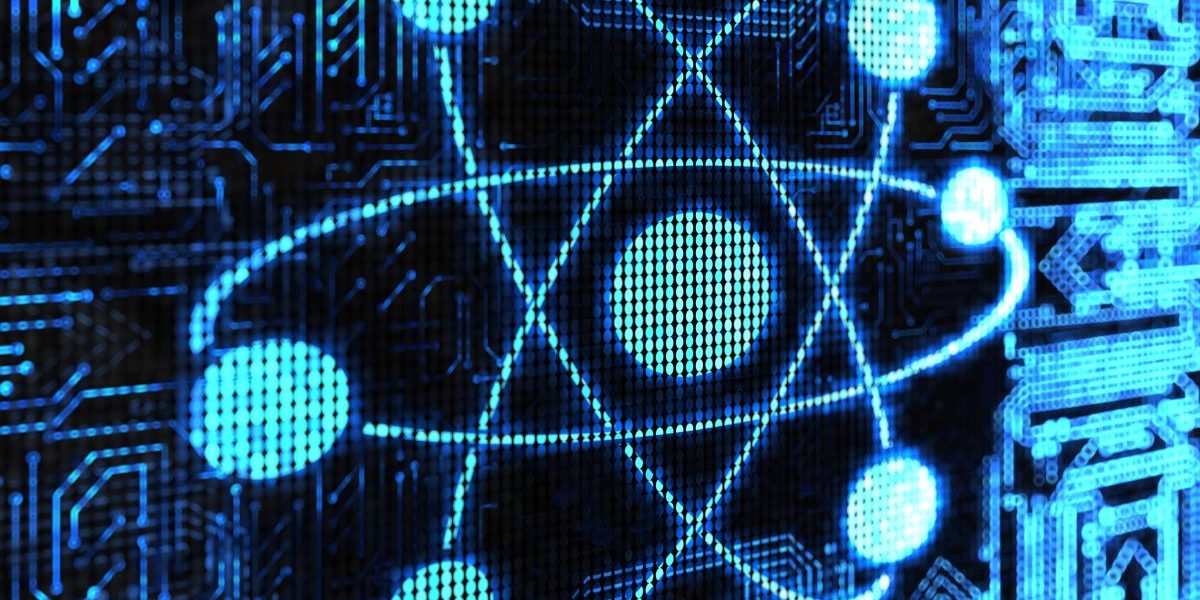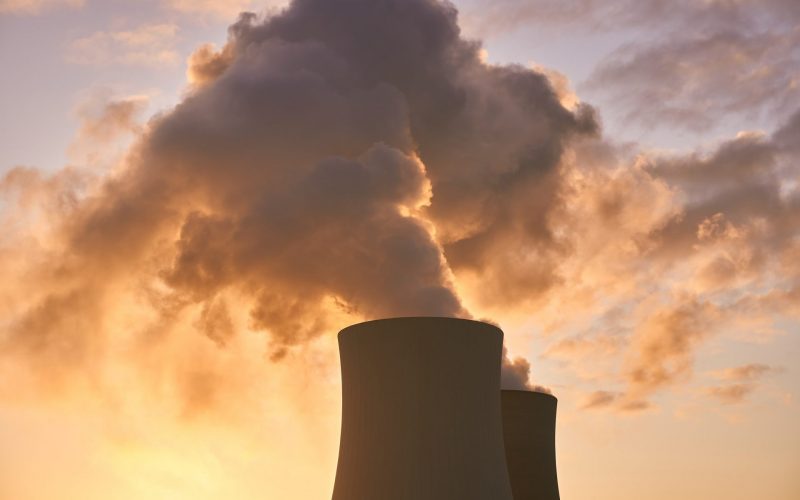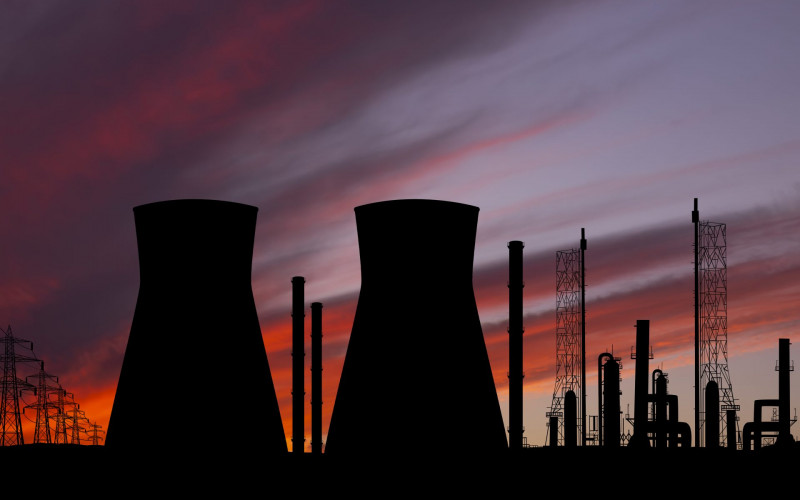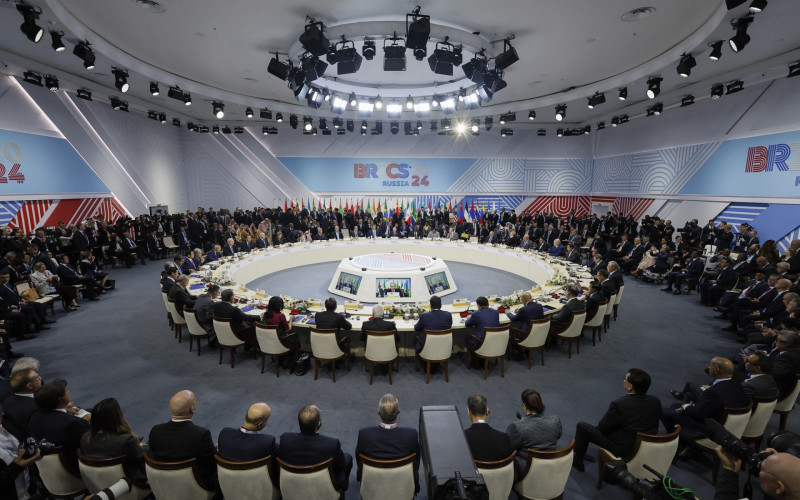Summary:
- This paper aims to contribute to an understanding of nuclear politics, science and technology in three North African countries: Libya, Algeria and Egypt.
- All three countries possess nuclear research reactors. They have also implemented bureaucratic and legislative infrastructure to manage nuclear science and technology, as well as institutions and centres focusing on nuclear safety, support, training and expertise.
- While the future of Libya is uncertain after a bitter civil war, nuclear energy proposals still circulate. The country has also continued to cooperate with the IAEA, and it signed a Country Programme Framework in 2019, highlighting its aim to use nuclear technology to support national development.
- Algeria has proposed ambitious timelines for developing nuclear energy capabilities. However, no tenders have been issued yet, and there have been continued protests and political turmoil, which will likely pose further hurdles to the implementation of this project.
- Egypt has already taken concrete steps to build four nuclear reactors. When completed, they are expected to cover 5–10% of the country’s electricity requirements.
- Academic conferences appear to the main vehicles of nuclear knowledge sharing in Africa and the Middle East. Because nuclear science and technology are depicted as strategic areas and thus heavily securitised, collaboration on such projects in North Africa is dormant.
- Many states are increasingly seeking to diversify their energy sources away from fossil fuels and instead looking to nuclear energy, sometimes in conjunction with other forms of energy such as solar. Yet reliance on nuclear power comes with various vulnerabilities and dependencies and may not necessarily align with national objectives of an energy supply.








